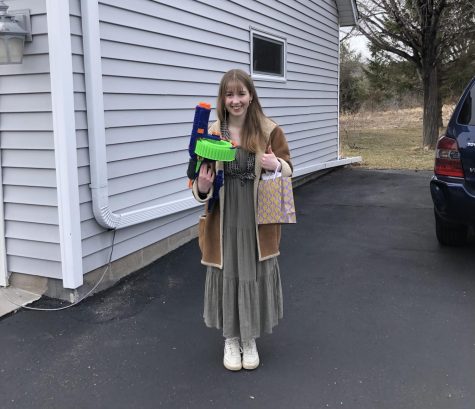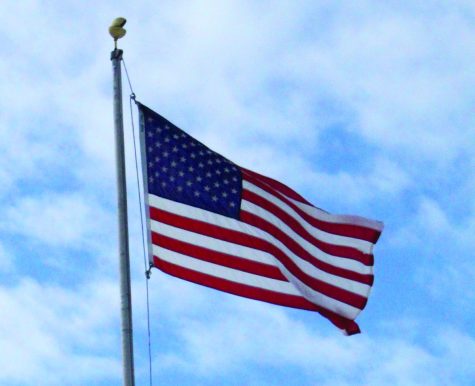Extra heating assistance step in the right direction
April 17, 2014
As of February, Minnesotans have suffered through over 17 consecutive subzero days. In those kinds of temperatures, human flesh can burn within minutes, and the Mayo clinic actually advises children and the elderly to stay indoors. When temperatures plummet, low-income households often struggle to stay warm and require more funding from the state.
Minn. is one of the coldest states in the union, so it is not a surprise that its government provides various protections against the cold, such as the cold weather rule and the Energy Assistance Program, which gives grants to low income households. However, the state has been struggling to keep up due to propane costs rising as much as $0.70. In order to combat this, the Minn. House has voted to allocate an emergency $20 million to the Low Income Heating Energy Assistance Program.
The house passed action very quickly after starting the section, showing great progress towards government efficiency and bipartisanship. This extends Gov. Mark Dayton’s promise to increase government efficiently with his dubbed 2014 “unsession.”
John Locke said that it was the government’s job to protect one’s “life, liberty and property.” Without these funds, many Minnesotans who rely on government assistance during the winter would struggle, and perhaps even parish due to the immense cold, going directly against the government’s goal to protect lives.
Although some would argue that this is yet another example of the government over reaching and those on government assistance would be able to survive without the assistance, that argument is simply not true. The consequences for cutting funding would be lethal.
However, these funds are little more than a patchwork fix. Propane prices are still soaring as the Midwest trudges through large-scale propane shortages. These mysterious shortages are caused by a combination of factors, and aren’t expected to go away soon. A retooling of Midwestern heating systems would prove to benefit not only those who are unable to pay the heating bills, but a majority of Midwestern homes who rely on propane.
It is evident that the extra funds allocated by the Minn. house were a necessary and welcomed measure by all those who are on heating assistance. Although short-term, these funds will help many families get through the winter, with the next step being to fortify our heating systems and prevent future shortages.











